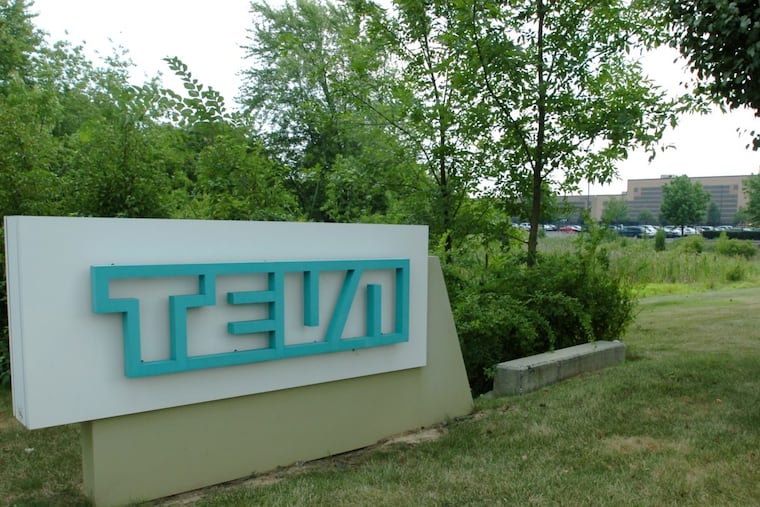Teva Pharmaceutical will cut 7,000 jobs and close plants to reduce costs
It appears that most of the generics maker's operations and 2,000 jobs in Pennsylvania and New Jersey will survive.

The world's biggest maker of generic drugs said Thursday that it will cut 7,000 jobs by year's end, close or sell 15 factories over the next two years, and quit operations in 45 countries by the end of 2017.
None of the Teva Pharmaceutical Industries plants scheduled to be shut or sold is in Pennsylvania or New Jersey, and it appears the bulk of the jobs are not in the area, either.
After disappointing second-quarter earnings, Teva announced a dramatic streamlining plan. Shares closed down 24 percent, or $7.50, to $23.75.
The Israel-based company, with North American headquarters in North Wales, Montgomery County, has been looking for a new CEO since February, when Erez Vigodman stepped down as chief executive. His successor will face challenges.
Acting CEO Yitzhak Peterburg said, on a call with investors, that second-quarter results were lower than expected due to "the performance in the U.S. generics business and continued deterioration" in political and economic conditions in Venezuela.
Teva lowered its outlook for the rest of the year, and cut its dividend payout to $0.085 a share from $0.34.
Teva, which employs more than 2,000 in Pennsylvania, did not specify where the job cuts will be. The vast majority of employees losing their jobs have already left, or been notified, a company representative said.
Earlier, Teva announced it would close a manufacturing facility in Hungary affecting 500 workers and last month said it would lay off 350 workers in Israel.
Teva's head count remains a little over 2,000 in North Wales, Horsham, Frazer, West Chester, and New Britain. The locations handle a mix of functions, including drug research and development, support, sales, marketing, and distribution.
Since the closing of the $41 billion Actavis generic acquisition, Teva has trimmed costs and by the end of 2017 will have reduced its head count by about 7,000. "Our team is committed to take decisive action quickly. We recognize that the results we are reporting today are disappointing," Peterburg said.
The U.S. generic business was hurt by "accelerated price erosion and decreased volume, mainly due to customer consolidation," he said. In addition, the Food and Drug Administration approved more generic drugs, resulting in increased competition, and some of Teva's new product launches "were either delayed this quarter or subjected to more competition."
Teva said it earned $1.02 a share excluding onetime items in the second quarter, down from $1.25 a share in the period last year. Revenue was up 13 percent to $5.7 billion.
The company was expected by analysts to earn $1.06 a share in the latest quarter. The Actavis acquisition was expected to boost sales, which did not materialize as quickly as anticipated.
In February, Teva lost a patent-infringement case to protect its best-selling multiple sclerosis drug, Copaxone. Management said Thursday it does not expect its Copaxone 40-milligram version to face generic competition in the United States this year.
"We like Teva, but we think the company has some meaningful headwinds which need to be addressed before the stock can trade meaningfully higher," analyst Louise Chen of Cantor Fitzgerald said in a client update. Among the questions: whether Teva will break the company into separate branded drugs and generics businesses, whether Teva can continue to pay down its debt, maintain its investment grade rating, and meet tighter covenants at the end of the year, and how the company will grow through generic-drug pricing pressure, Chen wrote.
"We don't think Teva can make decisions that would fundamentally change its strategy until it hires a permanent CEO and the new CEO has had time to assess the business," she noted.